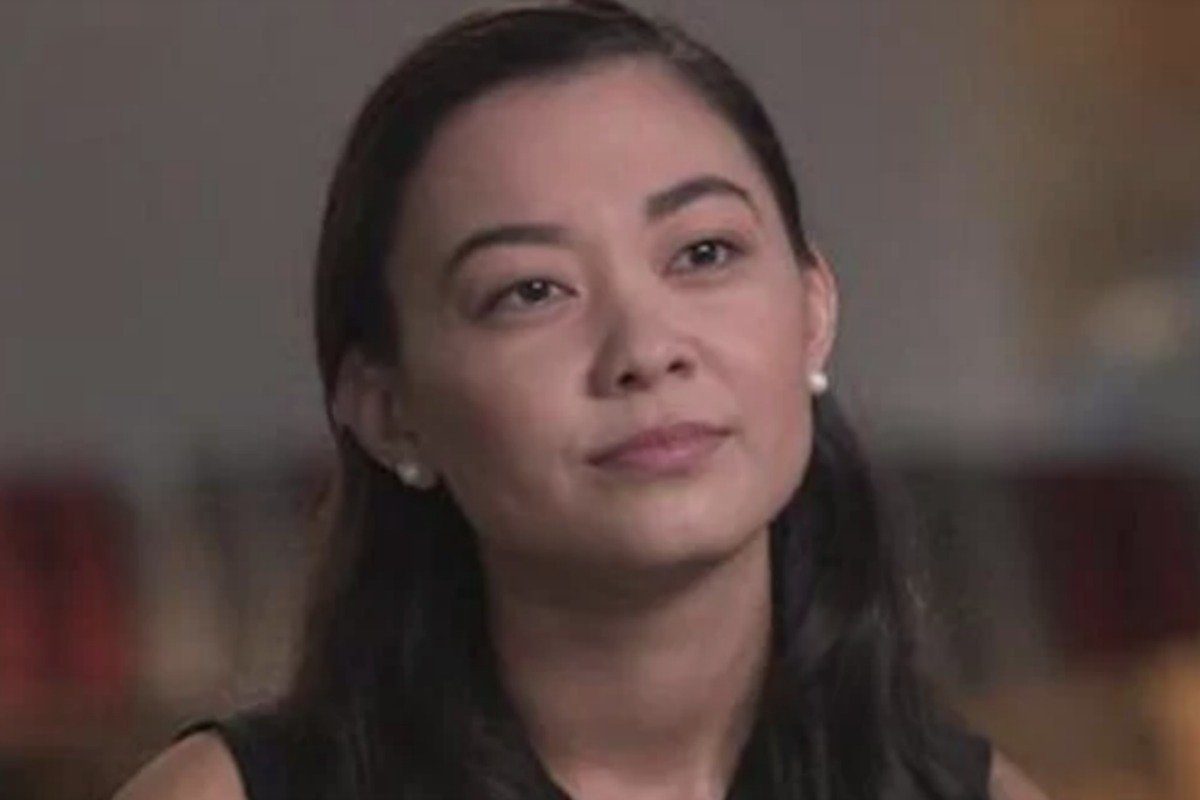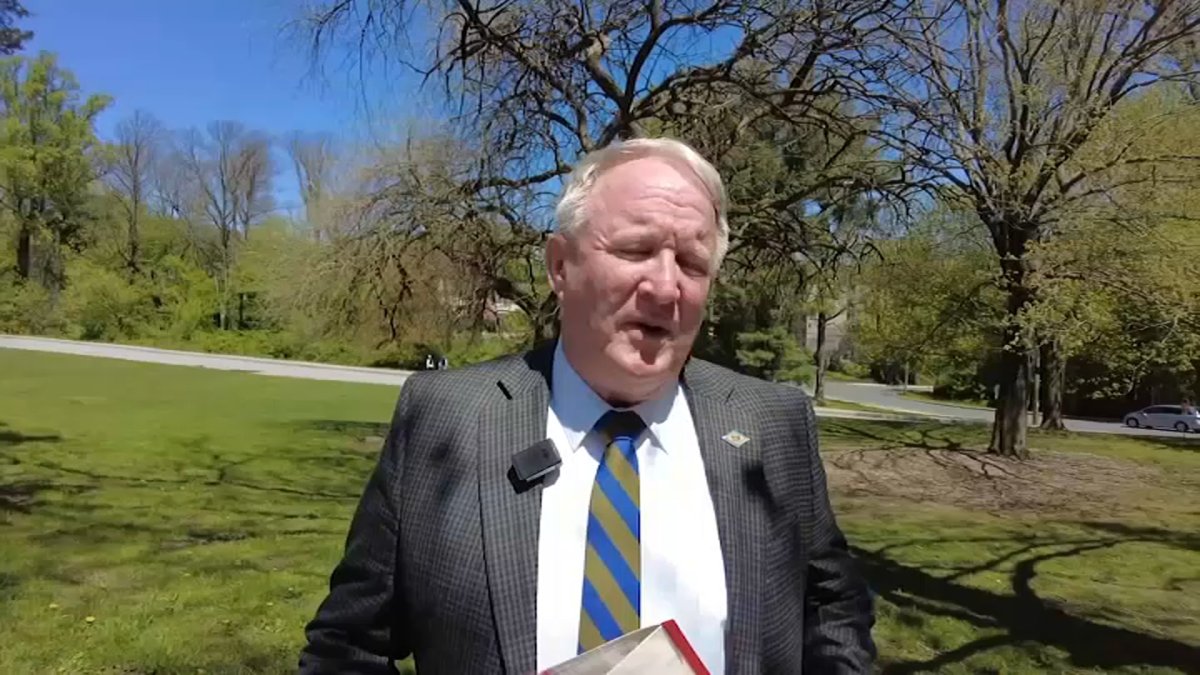By Guest Contributor: Frankie Huang
In the summer of 2016, I was one of millions around the world to read Chanel Miller’s statement to Brock Turner, her rapist. The pain and power in her words shook me then. I was still coming into my feminism, and I was still learning that every victim is imperfect, and that this does not make their suffering any more deserved. Yet, I still struggled with the question: is dignity claimed or earned?
Back when she was still Emily Doe, I wondered if she’s a woman of color like me. I wondered if I deserved to wield the same righteous fury that she did.
Content warning: rape, sexual assault
When Chanel Miller’s name and photos were published earlier this year, I was stunned to find she is Chinese American, like me. I was disappointed by what this revealed about my problematic self-perception, as well as about our perceptions of Asian diaspora women. Thanks in no small part to the damaging Model Minority narrative I grew up with, there’s an illogical corner of my mind that still believed that “good Asian girls” never got in trouble, that good girls who listened to their mothers never drank too much, never kept sketchy company, and never had casual sex.
Chastened by my own prejudice and ready to be electrified again by Miller’s prose, I pre-ordered “Know My Name”, Miller’s memoir. The cover image, a lovely rendering of gold kintsugi threaded against a forest green background, promised healing. What I didn’t know was that while following Miller’s winding journey in “Know My Name”, I would inadvertently embark upon a parallel journey of painful and illuminating revelations.
Reading “Know My Name” was a shattering experience for me. As Miller showed me her world, a numb, hardened mangled mess I buried deep in my heart ripped open, and her words began to nudge pieces into place in my fresh old wound.
Did you know that when a broken bone heals without setting properly, the deformity is called a malunion, and that it must be rebroken before it is realigned? It’s not an overstatement to say reading “Know My Name” was a shattering experience for me. As Miller showed me her world, a numb, hardened mangled mess I buried deep in my heart ripped open, and her words began to nudge pieces into place in my fresh old wound.
On my twenty-first birthday, the boy I loved threw me a big party. I got drunk on tequila, blacked out, and only became aware again mid-coitus with a different boy I barely knew. Imagine my shock when I had thought I was wrapped around someone I’d been intimate with for months, only to open my eyes and find it was someone I’ve never even had a conversation with. Imagine that rather than screaming and crying and punching and kicking like I had the impulse to do, I was, in that moment, instantly preoccupied with what I did in the moments of lost memory that had encouraged him to climb into the bed I’ve never shared with him. Imagine me continuing to have sex with him while trying to reach into the black hole that was my remembrance of the evening, desperate to recall if I gave him the impression that I wanted this. Imagine me continuing to have sex with him while panicking that I was being unfaithful — when in reality, his friend was raping me in the bed I used to share with the boy I loved.
What I chose to do next, I chose strategically to minimize the event. I was already preparing to forget, and to defuse the damage it could cause in my life. I had chosen silence before the act was even over. I whispered that I needed to pee, pulled my jeans back up over my hips, and walked home alone in the dead of night without looking back.
The next morning, the boy I loved asked me where I went. He had only found his friend asleep in his bed where he had left me. I said I had gone home to sleep off my hangover. I found the boy I found myself having sex with on that same day, and told him with tears in my eyes to please keep things to himself so the boy I loved wouldn’t know I betrayed him. I never told anyone.
For the next decade, what happened that night haunted me, and I continued to try to remember what happened to no avail. , I always reminded myself that I did it to myself. I had drunk until I blacked out. How then could I defend my innocence when I could only learn about what had happened from the testimonies of other people? My mother told me ever since I was a girl that I was too smart to ruin my life like those slutty American girls who can’t control themselves, and she told me never to put myself in a vulnerable position. She had warned that if I incapacitate myself, I would deserve whatever happened to me. For years I thought I’ve handled the whole situation like a grown-up who took responsibility for her own actions, and that I had gotten the punishment I deserved.
And then, Chanel Miller said in her interview on CBS news that “rape is not punishment for getting drunk”; And, when I heard her say so, I couldn’t believe I had denied myself this simple truth.
I tell my story now because Chanel Miller has made me understand the good I can do in breaking my silence. I can condemn the poison of rape culture. I can make a small difference. I can make someone feel less alone.
What if I pursued legal action? What if my 21-year-old self wanted justice? In her book, Miller spared no detail in showing every rude, ungainly aspect of the justice system that awaits victims of rape and their loved ones. The disruptive, inefficient testimonies, and court dates, and deliberations, and appeals. The dehumanization in manufacturing proof, in engineering arguments out of bits of human lives.
I imagined myself in her shoes and lost sleep over the sleep she had lost, and the life that had been robbed from her. She had fought and had fallen down, and she had gotten up and had kept on fighting – all while I had moved on. She told her story while I – in my determination to excise the event from my life – hadn’t even become a statistic. I didn’t confront the harm in my silence and my tacit complicity in this act of violation. I did nothing to keep the boy who raped me from raping again. I was afraid to confront the status quo, this slut-shaming world we live in that would cross-examine a woman who was found half-naked behind a dumpster with pine needles inside her. For too long, it seemed like a hopeless fight, I would’ve just been an imperfect woman shifting of the blame.
So, I tell my story now because Chanel Miller has made me understand the good I can do in breaking my silence. I can condemn the poison of rape culture. I can make a small difference. I can make someone feel less alone.
Frankie Huang (@ourobororoboruo) is a storyteller and illustrator whose current project, Putong Words, can be found on Instagram.
Learn more about Reappropriate’s guest writing program and submit your work here.


